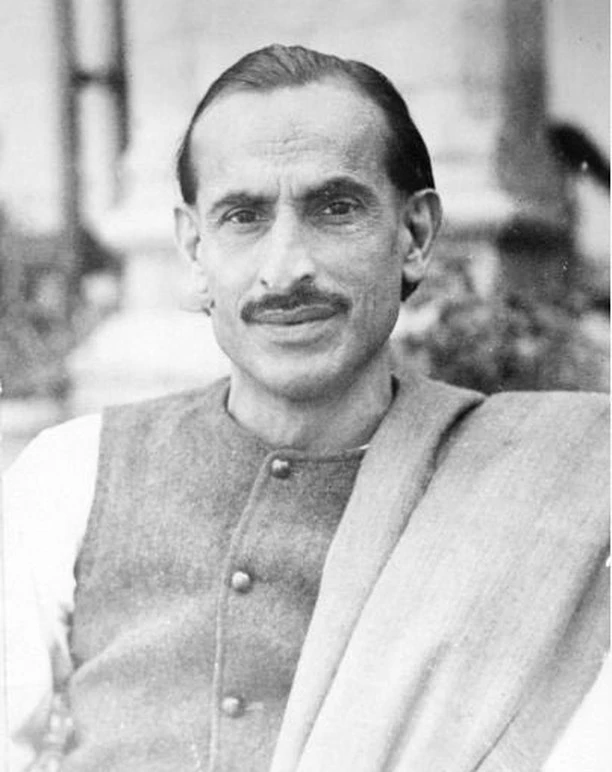1. What was Acharya Kripalani’s full name?
A. Jivatram Bhagwandas Kripalani
B. Jai Bhagwan Kripalani
C. Jivan Bhagwat Kripalani
D. Jivan Ram Kripalani
2. Why was Acharya Kripalani given the title of “Acharya”?
A. He was a prominent freedom fighter.
B. He was a teacher at Gujarat Vidyapith.
C. He founded the Kisan Mazdoor Praja Party.
D. He led the Quit India Movement.
3. Acharya Kripalani was the President of the Indian National Congress during which significant event in Indian history?
A. The Quit India Movement
B. The Salt Satyagraha
C. India’s Independence in 1947
D. The Non-Cooperation Movement
4. What significant parliamentary action did Acharya Kripalani take in 1963?
A. Introduced the first no-confidence motion in Lok Sabha
B. Advocated for the abolition of zamindari
C. Drafted the Indian Constitution
D. Moved a resolution supporting Nehru’s foreign policy
5. Which party was founded by Acharya Kripalani in 1951?
A. Indian National Congress
B. Socialist Party
C. Kisan Mazdoor Praja Party
D. Bharatiya Jana Sangh
6. Acharya Kripalani’s political philosophy was closely aligned with:
A. Marxist ideology
B. Gandhian socialism
C. Nehruvian socialism
D. Communism
7. Which of the following books was authored by Acharya Kripalani?
A. “India Wins Freedom”
B. “Gandhi: His Life and Thought”
C. “My Experiments with Truth”
D. “The Discovery of India”
8. Which of the following movements was Acharya Kripalani NOT associated with?
A. Non-Cooperation Movement
B. Civil Disobedience Movement
C. Quit India Movement
D. Swadeshi Movement
9. Acharya Kripalani’s birthday, November 11, is significant because:
A. It is observed as a national holiday in India.
B. It marks his contribution to Indian independence and values.
C. It coincides with the founding of the Indian National Congress.
D. It is celebrated as Gandhi Jayanti.
10. Acharya Kripalani was involved in ecological preservation and conservation efforts during:
A. The 1940s
B. The 1960s
C. The 1970s
D. The 1980s
Answers:
- A. Jivatram Bhagwandas Kripalani
- B. He was a teacher at Gujarat Vidyapith.
- C. India’s Independence in 1947
- A. Introduced the first no-confidence motion in Lok Sabha
- C. Kisan Mazdoor Praja Party
- B. Gandhian socialism
- B. “Gandhi: His Life and Thought”
- D. Swadeshi Movement
- B. It marks his contribution to Indian independence and values.
- C. The 1970
